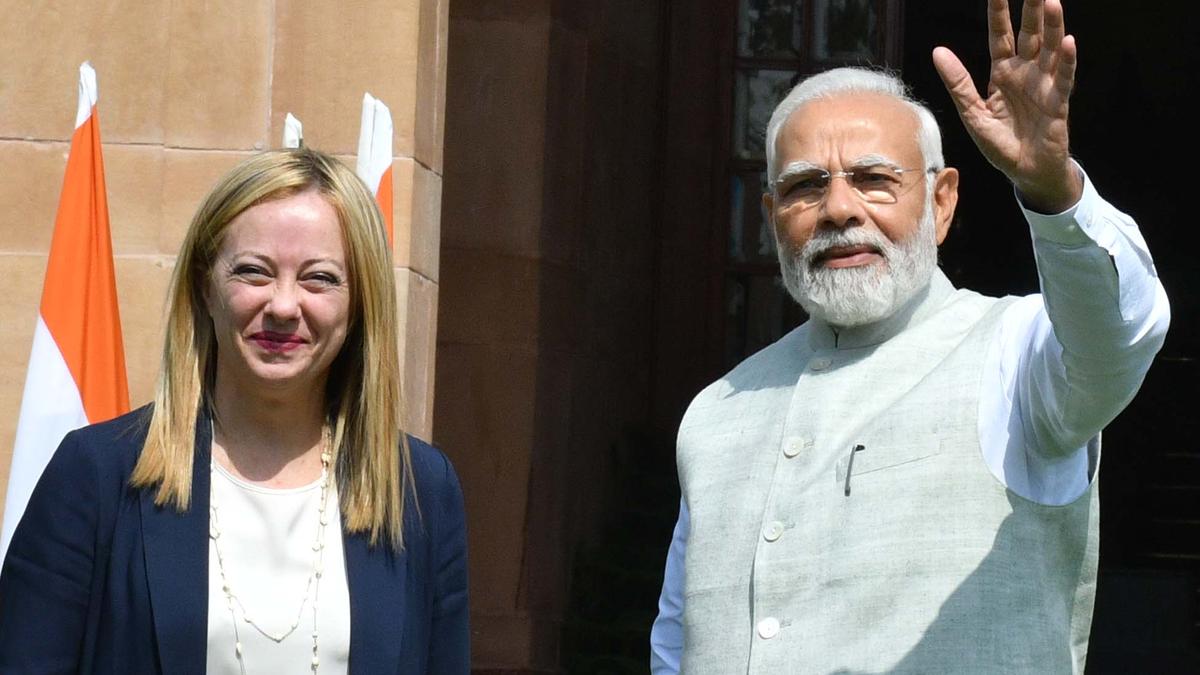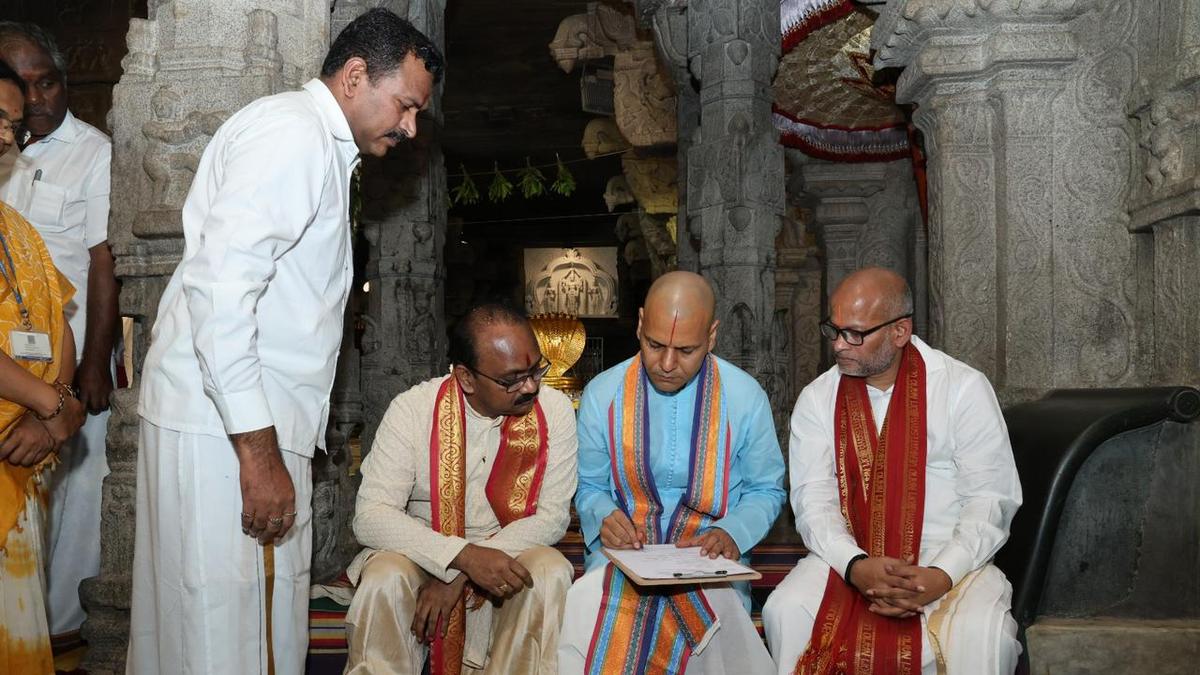Much has changed in Kerala in the past two decades. We have seen cities expand and transform, almost at a breathless pace. Infrastructure projects, cultural changes and economic shifts have reshaped urban lives and are constantly re-evaluating the growth potential.
Kochi’s evolution, especially over the past 25 years, has been nothing short of remarkable.
It has burgeoned from a quaint waterfront city with a clutch of legacy hotels to a thriving destination.
As per travel aggregators, Kochi today has over 40 five-star hotels. Add to this a variety of business, budget and boutique hotels, heritage homestays, restored bungalows offering curated experiences and idyllic spots for staycations, the hospitality industry has been on a steady growth curve. Sprawling convention centres and waterside resorts came into the equation, catapulting it into a sought-after wedding and MICE (meetings, incentives, conferences and exhibitions) destination.

Grand Hyatt Hotel at Bolgatty
The explosion in the hospitality sector coincided with the launch of the Cochin International Airport in 1999. As connectivity opened, tourist inflow strengthened and Kochi soon became the leading centre for tourism in the State. Fort Kochi was the city’s headline act. With its colonial history and multicultural moorings, scenic appeal complete with Chinese fishing nets, historic churches and ancient trees, it drew people from all over the world, thereby creating a demand for spaces that catered to the tourists. Hotels such as The Malabar House, formerly a Dutch mansion built in 1755, were converted into one of Fort Kochi’s first boutique heritage hotels. It soon got more, such as Brunton Boatyard (a former British ship-building site), and Forte Kochi, a Portuguese building believed to be built in the 1800s and now converted into a luxury hotel by the Paul John Resorts and Hotels.

Marriott Hotel
A little away, on Willingdon Island, the Taj Malabar has been around since 1935, renovated and still preferred for its breathtaking water views and old-world charm. Casino Hotel, built in the 1950s, too, had curated the essence of Kerala for travellers who were looking for an “authentic” experience. Right from decor drawn from traditional Kerala themes to wellness therapies and food prepared from local ingredients, the accent was on Kerala.
Taj Vivanta, Le Meridien, Holiday Inn, and Crowne Plaza, among other established names, upped the luxury ante.
By 2010, LuLu Mall opened, sending waves of excitement throughout Kerala. International brands were now available, and people poured in from other districts to explore the mall. The Kochi Marriott Hotel opened in 2014, adjacent to the mall at Edappally and Bolgatty Island, which had the palace until then, and found itself in the limelight with the opening of the Grand Hyatt in 2018.

LuLu Mall
Easy connectivity and facilities such as CIAL’s trade centre made Kochi an ideal spot for hosting trade fairs and expos as well.
With the establishment of Infopark in Kakkanad, the profile of the eastern part of Kochi transformed. The once-sleepy Kakkanad is now a hotspot, boasting hotels, cafes, massive apartment complexes and commercial establishments.

Infopark
Experience-led packages, Ayurveda, medical tourism, cruises, and sustainable ventures became a part of the vibrant hospitality scene. The Kochi Muziris Biennale, which had its first edition in 2012, brought on an entirely new aspect to the way the city approached galleries, spaces, and public squares. It not only gave the city an aesthetic upgrade, but local businesses flourished around it, creating opportunities and employment.
Post-COVID-19, the hospitality business took off in a big way. Travel became a part of life, and people increasingly started looking for exclusive experiences. The growth of social media and the influencer community contributed to this. “With big hotel chains and five-star experiences being available, people still seek out intimate spaces, such as private properties with pools,” says Thomas Vacha, founder of Weekend Planner, which organises staycations and getaways throughout Kerala. We launched in 2016, and we have seen how travel interests have changed to include boutique experiences,” he adds.
Exclusively designed plantation trails are an example. “A major part of our clients come from Kochi – people who are looking for a weekend getaway (of course, we have clients from across the country). In our 600 acre-plantation property, we offer jeep safaris, nature walks, check dams, and eight trails. The interest has been on a steady rise, and we are investing in our infrastructure. Pool villas seem to be the most in demand, and we are upgrading our property,” says Mikhail Joseph Kallivelil and Rosa George Kallivelil, who own Misty Mountain Plantation Resort, at Peermade. “The new age traveller is open to new experiences; they have an open mind, and this industry is poised for growth,” adds Rosa.
Just as in any emerging city, challenges do exist, but for now, global investors have their eyes set on Kochi.



.png)
.png)
.png)
















 4 hours ago
7
4 hours ago
7







 English (US) ·
English (US) ·